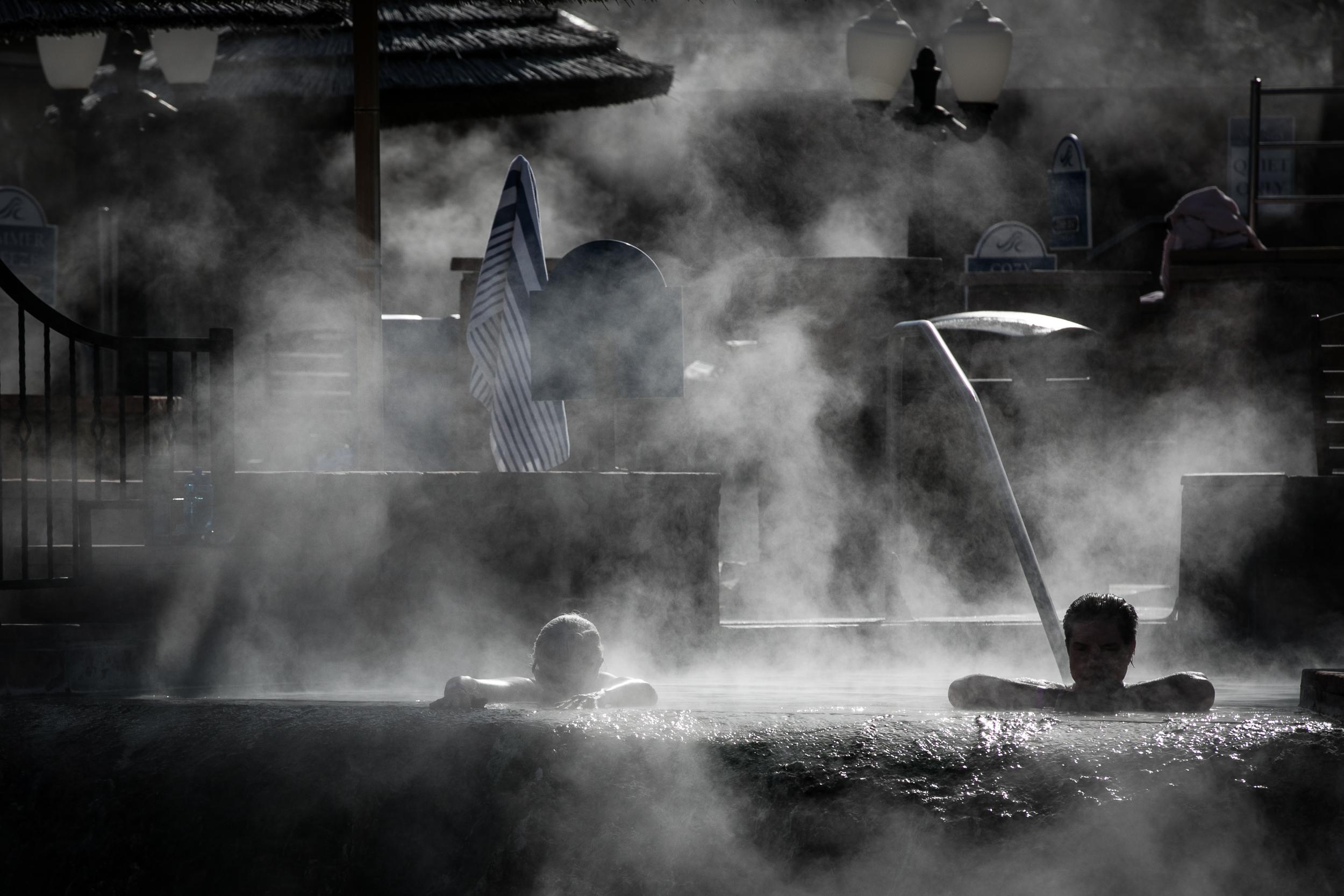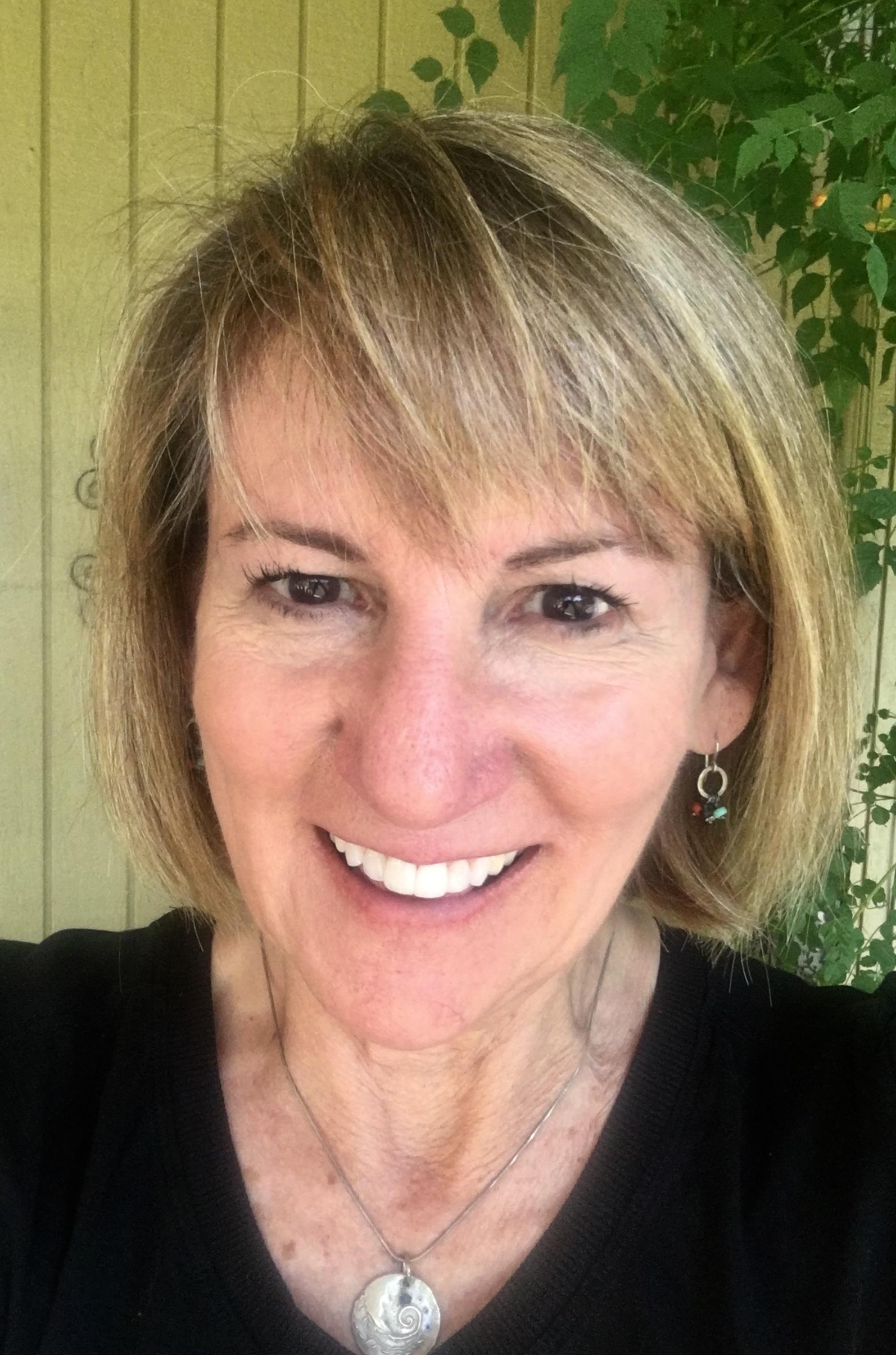
Colorado’s hot springs have historically been used to treat all manner of ills — from tuberculosis to shaky nerves to the deadly Spanish flu. But in the current coronavirus pandemic, hot springs have been looked at as just another public gathering place where COVID-19 might spread.
Like swimming pools, hot springs pools were shut down for three months under the state’s stay-at-home order.
The good news is that most of Colorado’s 30 developed hot springs are open or will be open within the next few weeks under the state’s new Safer at Home and in the Vast Great Outdoors directive. The state’s largest geothermal pool — the Glenwood Hot Springs — opened Monday. So did the Iron Mountain Hot Springs in Glenwood Springs. The Ouray Hot Springs Pool plans to open June 16.
Many other popular soaking spots, including the Strawberry Park Hot Springs near Steamboat Springs, the Healing Waters Resort & Spa in Pagosa Springs and the Mount Princeton Hot Springs Resort near Buena Vista have also opened their doors.
Hot springs aficionados will find some changes at their favorite springs. Vicky Nash, a hot springs expert who developed the Colorado Historic Hot Springs Loop, recommends that visitors check the websites for individual pools before visiting for an update on ever-changing rules and, new hours.
Like other businesses, hot springs have to abide by social distancing rules. That means only half their normal guest capacity will be allowed, or a maximum of 50 guests. The Glenwood Hot Springs, because of its size, did receive a variance to allow for more guests.
Some pools will ask for reservations. Others warn there could be lines to get in. Some will limit pool visits to two and a half hours and monitor that with colored wrist bands. The use of lockers won’t be allowed. Instead, swimmers and soakers will be encouraged to come prepared to get in the pool and will have to stash their towels and other things under deck chairs. Those chairs will, of course, be spaced six feet apart.
And like the chairs, visitors will be directed to keep the same distance in the pool from anyone not in their own party.
Face masks will be needed to enter the facilities but visitors will be able to remove their coverings in the pool. They will have the option of wearing what amounts to a “facekini” – thin, quick-dry pool masks made from swimming suit material. These can be found online. Or, home seamstresses might want to dig out those old bathing suits and get to stitching.
Some smaller pools that are linked to lodges will have rules that are a bit different because they are only open to lodge guests.
The pandemic rules that apply to hot springs are focused on the potential for virus spread in the air and possibly on surfaces like handrails and lounge chairs that pool employees will be frequently wiping down.
The virus is not expected to survive in the waters that are loaded with minerals. Including some that are considered natural disinfectants.
The Ute Indians viewed the mineral-laden waters as so healing, they called them Yampah, which means "big medicine." The springs pick up their minerals from the rock layers the waters pass through when they bubble to the surface as they have been doing for eons.
Whether the waters are healing or just relaxing, Nash expects Colorado’s hot springs to be a big draw this summer. Five years ago, she created the Colorado Historic Hot Springs Loop, a coalition of 17 hot springs on a 720-mile driving loop. It winds through Steamboat Springs, Ouray, Pagosa Springs, Chaffee County and Glenwood Springs and hits all the small pools along the way.
“The trend is expected to be a lot of road travel during the pandemic and this is a perfect itinerary for people,” Nash said. “Every hot spring is different. It really makes for a cool trek.”
Nash, who has visited more than 70 hot springs around the world, said she will have no trouble sinking back into natural springs under the state’s pandemic restrictions. She noted that many pools took advantage of the shutdown to do deep cleaning and add amenities that will help with social distancing.
“Absolutely I will feel safe,” she said. “And, yes, I will be able to relax and enjoy it.”








